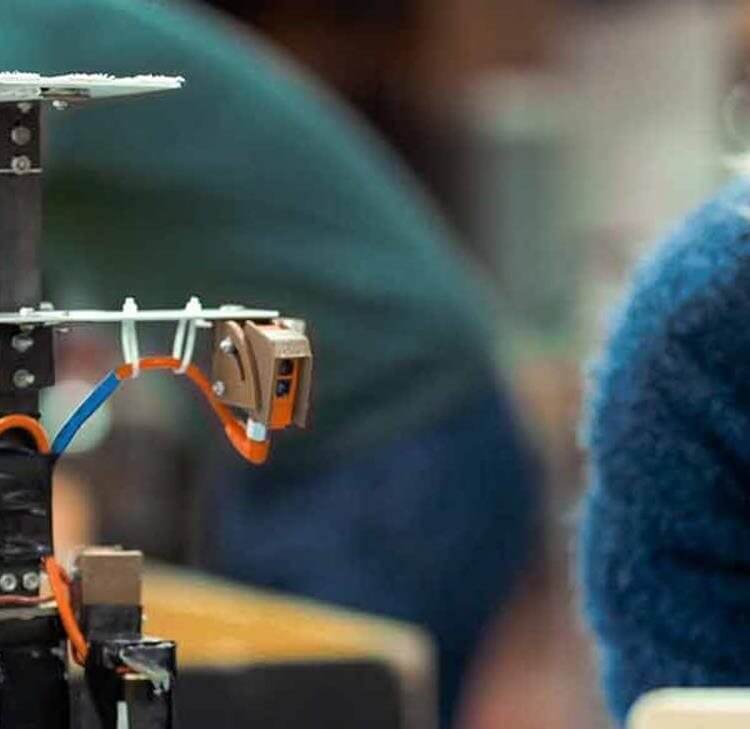Following our previous insight, the Automated Vehicles Bill (the Bill) completed its second reading in the House of Lords on 28 November 2023.
The key takeaways from the discussion were as follows:
The transition period
Peers were concerned that there are inadequate provisions in the Bill to deal with the transition period following the introduction of automated vehicles, as other vehicles remain driven by humans, or partially so, with a human driver takeover built in. Suggestions were made that the Government should create a plan to prepare for the rollout of automated vehicles and monitor their introduction to increase public confidence and ease safety concerns, as well as provide investors with certainty around the industry.
Job losses and opportunities
Concerns were also raised that the Bill did not offer protections for potential job losses. Peers called on the Government to ensure that the industry engages with both workers and trade unions to create more jobs, instead of causing job losses.
Data
Discussing how data would be sourced to prove that automated vehicles are statistically safer, peers referred to the great difference in the availability of data between that recorded on non-automated vehicles against that on automated vehicle's.
Peers also requested clarification on what protections would be put in place for personal data, recorded for purposes such as monitoring how the vehicle operates. Discussions surrounded how the Government would ensure that data would be pseudonymised, only used by necessary parties and not sold for commercial purposes, due to a range of parties requiring access to more detailed levels of data than is currently common. It was questioned if the Government and other public bodies would also have access to this data.
Insurance and liability
Following the Government’s announcement that it is to consult on frameworks to encourage the creation and growth of UK captive insurance companies (a wholly owned subsidiary insurance company providing insurance to a non-insurance parent company), peers discussed the potential appeal of captives within the automated vehicle sector. Information was requested on whether the Prudential Regulation Authority would make exceptions to the monoline nature of captives for ease within the automated vehicle industry.
The peers also considered insurance implications from the consumer angle, regarding circumstances when a driver becomes liable after the transition from automated driving. Identifying the importance of data surrounding these transitions for risk analysis and investigatory purposes, queries were raised regarding whether this data would be provided to insurers for free. With certain insurers currently funding developments in the area, there was a concern that all insurance companies may not be equally placed.
The Reading addressed the complexity of deciphering where liability should switch from vehicle to driver, especially as ‘the driver’ may feel more like a passenger due to not having to focus on the road and the resulting time taken for human attention to return and react. Furthermore, the complexity of the handover may vary, depending on factors such as the location of the vehicle, the layout of the road and the state of the automated vehicle. Due to the uncertainty for both consumer and company, levy and compensation models around this transition were suggested. Further, as regular use of AVs will lead to individuals rarely using their driving skills, peers queried whether refresher courses would be required so that drivers can retain this ability.
Peers also requested clarity on whether Clause 14 within the Bill is intended to allow free access to data for insurance purposes and whether the Bill makes this disclosure mandatory.
Accessibility
Peers stated that accessibility needs to be part of the development of automated vehicle’s and not an exception. This would ensure that disabled individuals are no longer faced with huge expenses for an accessible vehicle and that in situations such as where an automated vehicles is re-routed, it is able to provide an accessible drop off. There were calls to ensure that disabled passengers retain their right to use disabled spaces through the Bill.
The automated vehicle
The peers considered the impact on an automated vehicle’s ability in more rural areas, areas lacking in data connectivity and where the roads may be in bad condition. There were discussion surrounding the need for automated vehicles to receive constant updates of updated speed limits, road layouts and other incidents on the roads, so that the vehicle can deal with these accordingly.
Next steps
At the time of writing, the Committee Stage is yet to be scheduled. We will continue to monitor the Bill’s progression in future editions of The Word.
Contents
Key contact

Tim Johnson
Partner
tim.johnson@brownejacobson.com
+44 (0)115 976 6557







![Contractual liability for all inclusive treatment: Bartolomucci v Circle Health Group Limited [2025]](/getattachment/95f9533b-f99c-4fcc-b8d5-3f93904b8242/shutterstock_1265400856.jpg?variant=HeroImageTabletVariantDefinition)

































